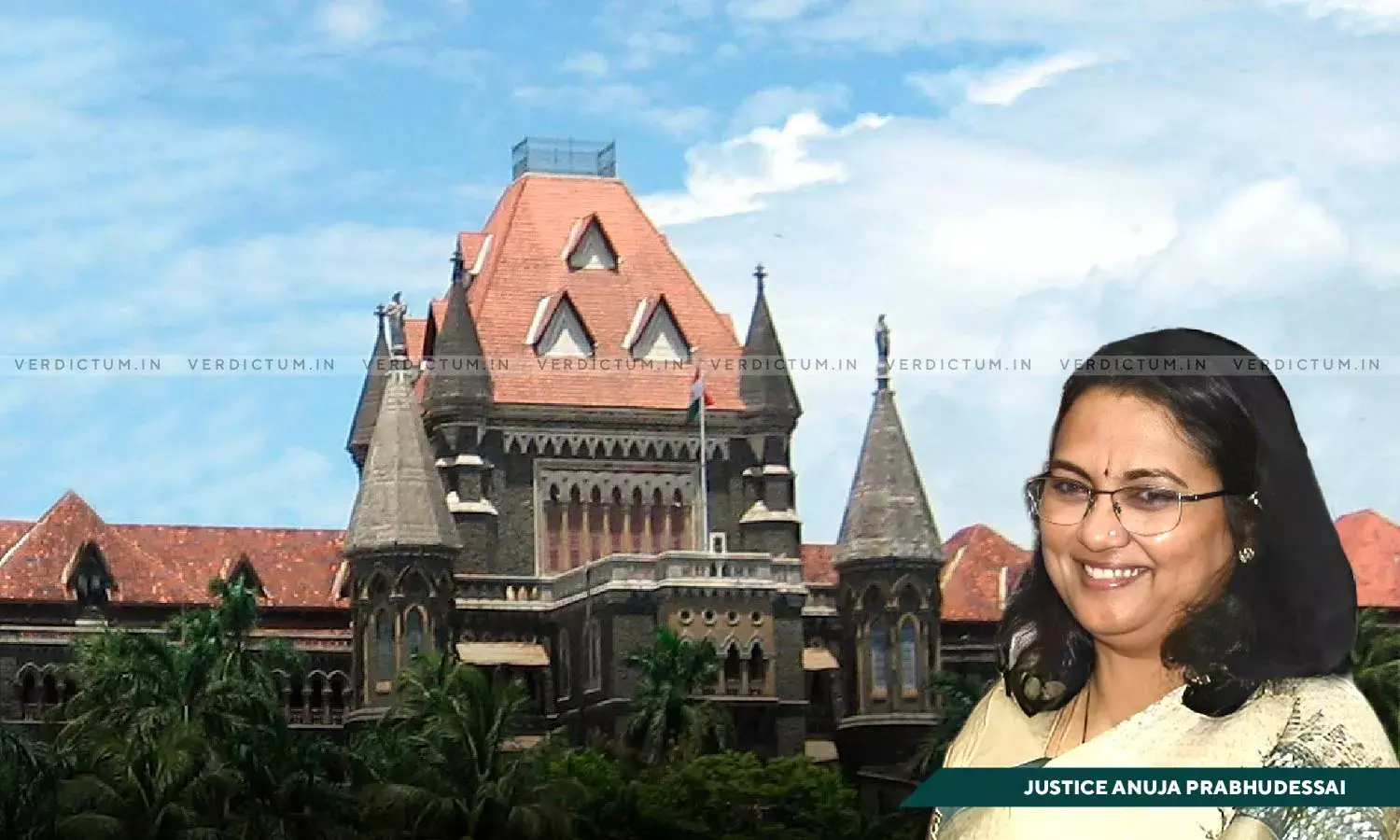Landlord Is Best Judge Of His Residential Requirement & Tenant Can’t Dictate Terms To Him: Bombay High Court

The Bombay High Court said that the landlord is the best judge of his residential requirement and the tenant cannot dictate terms to him as to how he can and should adjust in the premises.
The Court said thus in a revision application filed under Section 115 of the Civil Procedure Code (CPC) against the judgment of the Small Causes Court, Mumbai by which an appeal was dismissed and the eviction decree was confirmed.
A Single Bench of Justice Anuja Prabhudessai observed, “The proven fact is that the need of the Plaintiffs for additional accommodation is genuine, honest and conceived in good faith and thus reasonable and bonafide. In such circumstances, challenge to the finding rendered by the courts below on the issue of bonafide and reasonable need of the premises cannot be countenanced for the simple reason that the landlord is the best judge of his residential requirement and the tenant cannot dictate terms to him as to how he can and how he should adjust in the available premises. As held by the Apex Court in shiv Sarup Gupta (supra) if the landlord wishes to live with comfort in a house of his own, the law does not command or compel him to squeeze himself tightly into lesser premises protecting the tenant’s occupancy.”
Advocate Rajendra M. Haridas appeared for the applicant while Advocate Rajendra M. Chheda appeared for the respondents.
Factual Background -
The subject matter of the suit was a room and the plaintiffs were the owners of the suit premises. The case of the plaintiffs was that they terminated the tenancy and called upon the defendant no.1 (tenant) to vacate and handover the possession of suit premises. The defendant no.2 replied to the notice stating that he was in possession of the said premises being used for residential cum commercial purpose.
The plaintiffs filed a suit for eviction claiming that defendant no.2 and 11 other members of the joint family were occupying about 400 sq. ft. of carpet area which was insufficient for their residence and raised a plea of bonafide and reasonable requirement. However, the said defendant denied the said plea. The Small Causes Court decreed the suit solely on the ground of reasonable and bonafide requirement and being aggrieved, the defendants approached the Appellate Bench. The Bench confirmed the findings of the court and hence, the matter was before the High Court.
The High Court in view of the above facts observed, “The Plaintiffs have a large family consisting of more than 11 family members. The children of the Plaintiff Nos.2 and 3 have since grown up. These grown up children should have enough space and privacy to devote their time to studies, without any disturbances.”
The Court noted that the findings recorded by the lower courts on the issue of comparative hardship do not warrant interference.
“It would be relevant to note here that the scope of Section 115 of CPC is limited. While exercising revisional jurisdiction, reappraisal of evidence can bemade only to ascertain whether the conclusion arrived at by the fact finding court is reasonable or not. The court, in exercise of powers under Section 115 of the CPC cannot interfere with the finding of fact merely because it does not agree with the findings recorded by the courts below”, it added.
Therefore, the Court said that the Trial court as well as the Appellate court has not committed any illegality or jurisdictional error in ordering eviction of the defendants from the suit premises and hence, no case is made out to interfere with the concurrent findings.
Accordingly, the High Court dismissed the application and provided three months’ time to the applicant to vacate the premises to find an alternative premises.
Cause Title- Ajay Mahasukhlal Shah v. Chandrakant Babulal Shah (Neutral Citation: 2023:BHC-AS:36578)


